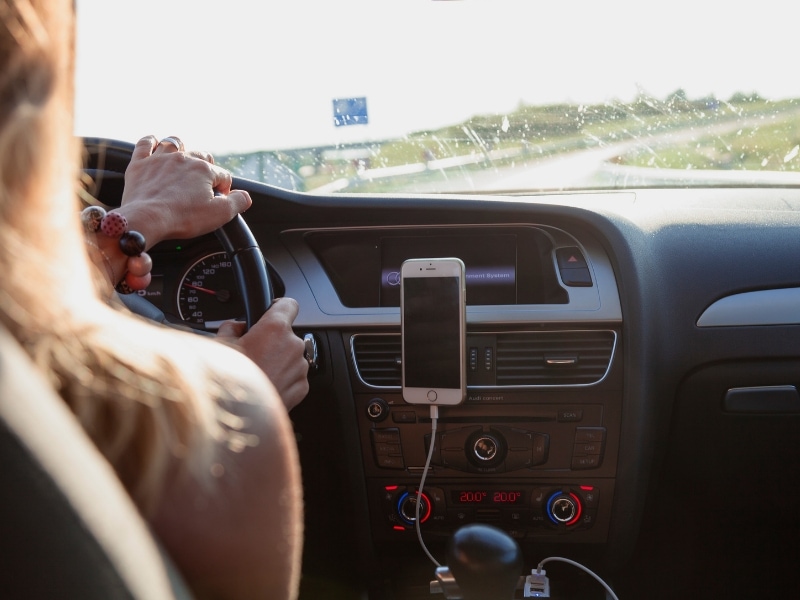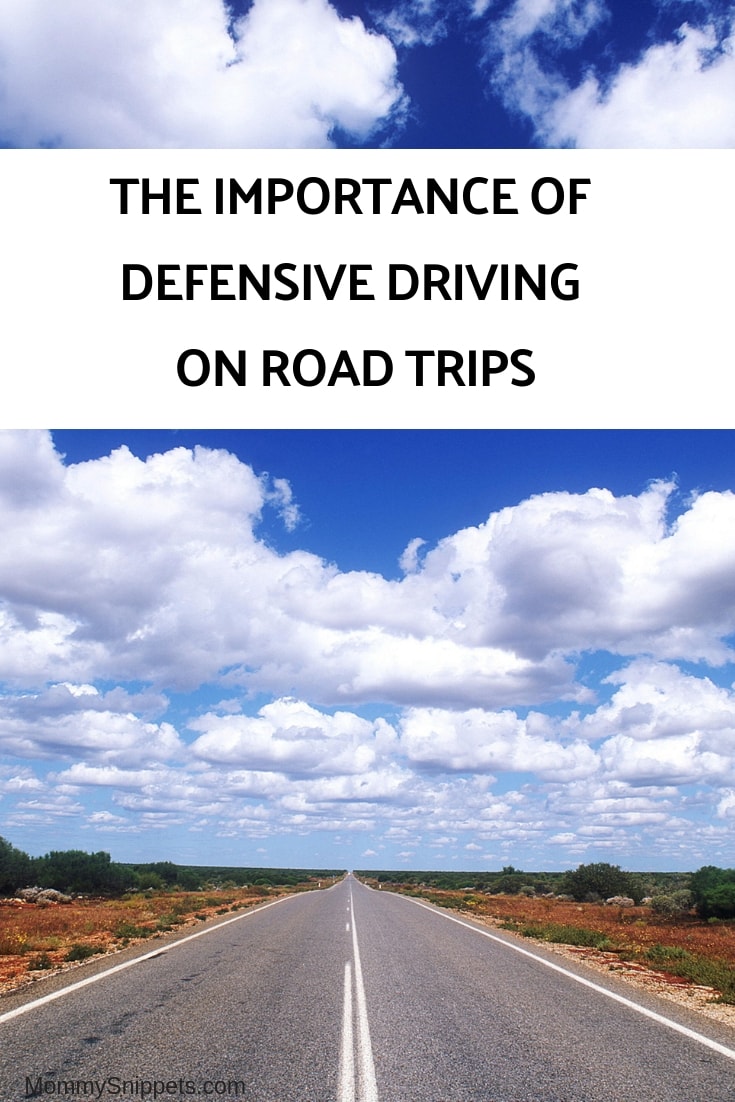The importance of defensive driving on road trips
This post contains editorial samples and/or affiliate links to products I recommend. While this adds no additional cost to you, I will earn a small commission on any sales made.
If you’re looking for a vehicle in the Wilmington, NC area, visit the Columbiana Chrysler Jeep Dodge dealership, our partners for this sponsored feature. We recognize the importance of a reliable vehicle, hence encourage you to share these tips with family and friends.
Defensive driving is always a serious responsibility for those who sit behind the wheel on the road. Safety on the highways is especially critical during the holidays when traffic is heaviest. These tips will help you when you go alone or take your family on the next road trip.
The importance of defensive driving on road trips
1. Car ready to roll
If your trip will require many days and miles on the road, take time before you leave to have your car checked. Schedule an auto service appointment to check the brakes, electrical system, tires, oil levels and other parts that must be in top working order throughout your trip.
2. Go healthy
Don’t venture out on a long trip if you’re not feeling your best, both medically and emotionally. You need to be totally alert as a defensive driver to all conditions around you. Any weaknesses that diminish your skills should keep you from getting behind the wheel. Wait or let someone else drive until you’re healthy again.
If you have any lingering illnesses, disabilities or you’re a senior, ask your doctor for a check-up. This is particularly advisable before you go on road trips involving more than three or four consecutive days and long distances.
3. Be alert at all times
Good health and plenty of sleep before you venture out on a road trip are necessary for you to be in your top form for the physical requirements. Additionally, your senses of sight and hearing, especially at night, should be very good for optimum defensive driving. If you’re a senior, be realistic about your reaction timing, so that you can instantly stop or maneuver the car in heavy traffic.
4. Take a GPS
Today, global positioning systems should be mandatory for long drives on unfamiliar roads. If your current car isn’t equipped with one, the cost of one from $50 to $100 for a portable unit is well worth the investment. It not only gives you directions, but warns of road interruptions ahead, local speed laws, lists police and emergency contacts, and offers information about motels and other facilities.
5. Cell phone
Keep a well-charged phone or similar device in a handy jacket upper pocket or on the seat next to you. If necessary, you can call home or for other needs to make calls. However, as a defensive driver, it’s safer in heavy traffic to pull out of road traffic and stop the car before you make a call.
6. Share the driving
If your road trip will be a very long one, you shouldn’t drive more than four straight hours without a rest. (Planning your first solo road trip? Keep these tips in mind.) If you’re in a hurry to complete the drive, consider taking another driver to share the duties.
All aspects of road trip driving should be defensive. You may be alert, careful and courteous, but you can’t expect all other drivers to be that responsible.
I’d love to hear from you. Hop over to chat with me on Facebook and/or Twitter



